Women are rapidly growing in the number of hunters and all-around outdoor enthusiasts. But, what do you call her? Are they female hunters? Just hunters? Maybe we should be called a huntress? Or, are we simply outdoorsmen? Does gender matter? Do women prefer one of the other and men say one over the other?
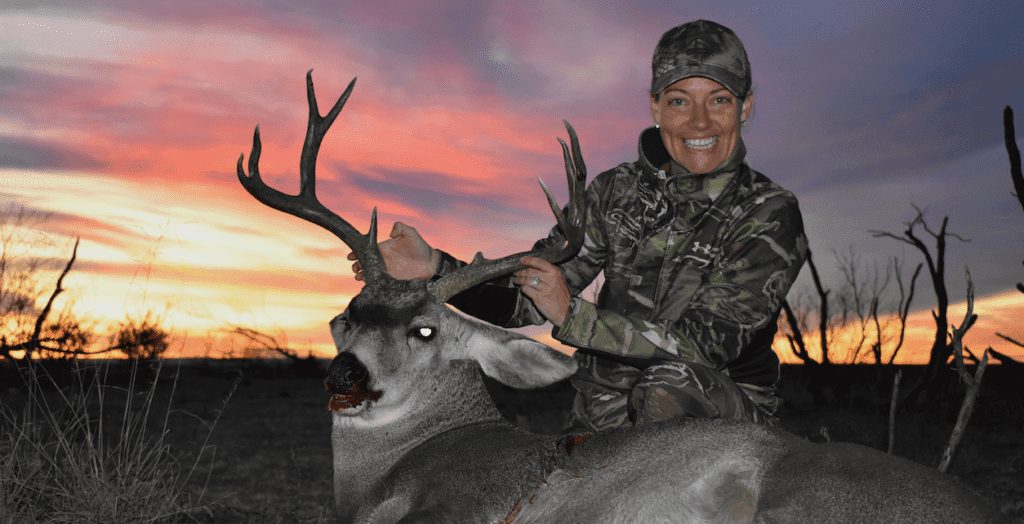
As more women take up hunting as a hobby or profession, the question of what to call a female hunter has become a topic of debate. While some prefer gender-neutral terms, others argue for the use of specific terminology to acknowledge and celebrate the unique experiences of women in the field. Here’s a breakdown of the different options and the arguments for and against each.
We asked Miss Pursuit’s audience and want to share our results with you.
So, what do you call a female hunter?
Make sure to check out our Female Hunters on Instagram You Need To Follow article.
Based on a poll of our audience, over 80% think that a woman who hunts is simply a hunter or outdoorsman and that those terms are gender-neutral.
Here is some feedback from our poll:
“The word hunter is kind of bi-gender all by itself. If they can’t tell the difference between a buck and a doe they probably shouldn’t be hunting anyway.”
“It wouldn’t change. You are an outdoorsman and we are all outdoorsmen, hunter, etc. You have wo-man/men in the name for both.”
“Huntress.”
“Huntress or I say ‘I’m a Hunter.”
“I refer to myself as a hunter/outdoorsman but am not offended by huntress, woman who hunts, outdoors woman, etc. Women definitely get too caught up in that.”
“She’s a killa!”
“Hunter (noun) – A person who hunts. Huntress (noun) – A woman who hunts.
Both are correct. In today’s environment, ‘hunter’ would most likely be applied as sexes are equal. Case in point is when women and men who act are referred to as ‘Actors.’”
“Hunter works for me.”
“Hunter and outdoorsman are good for me.”
“Wife material!”
“I don’t think it matters. There are Greek goddesses called huntress so it isn’t a separation of male and female in our time, but rather just an extension of whatever you’d like to call yourself.”
“I usually call them partner or friend – or daughter or wife – but I love seeing ladies outdoors.”
“I call myself a hunter.”
“Hunter. I tell me people I’m a hunter. They know I’m a female based on my looks.”
“Hunter. Plain and simple.”
“I think it’s a shame there’s so much negativity surrounding the word ‘huntress’ now. I’ve never really thought too much of it or cared. I just consider myself a hunter.”
“I would like to just be called a hunter or a person who loves the outdoors, but as long as you hold yourself to a level of respect, then anyone call themselves whatever they want!”
“I love the term huntress. ‘Heroine’ was coined for a reason… so why not? In all honesty, outdoorsmen and hunter fly alright too.”
“I use hunter. I think it is more of how we like to identify, some women want pink and to shout from the rooftops that they are women. I say to each their own.”
“I believe it’s a gender-neutral term. You are a hunter!”
“Hunter. Why do women have to separate or differentiate themselves from men in a sport we all love?”
“The description relates to what we do not our gender.”
“I go with female hunter, female sportsman, women outdoorsmen and the like. Man/men is gender-neutral. It can be complicated though!”
“I always refer to gals that hunt as hunters. Basically, that’s what we all are, except y’all look better in camo.”
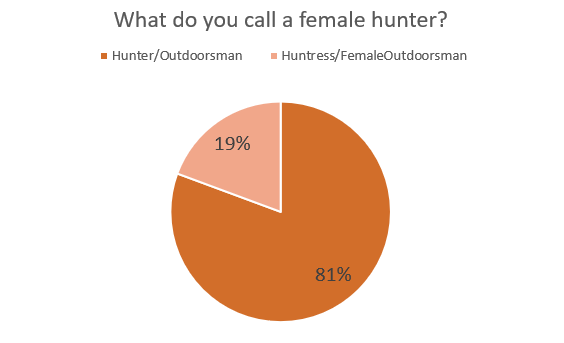
The history of gendered language in hunting.
The use of gendered language in hunting has a long history, with terms like “hunter” and “sportsman” traditionally being used to refer to men. Women were often referred to as “huntresses” or “lady hunters,” which some argue reinforces the idea that hunting is a male-dominated activity. However, others argue that using gender-specific terms can help to recognize and celebrate the contributions of women in the field.
Common terms used to refer to female hunters.
There are several terms that are commonly used to refer to female hunters, including “huntress,” “female hunter,” and “woman hunter.” However, there is ongoing debate about the use of gendered language in hunting and some argue that these terms reinforce gender stereotypes. Others argue that using gender-specific terms can help to recognize and celebrate the contributions of women in the field. Ultimately, the choice of terminology is up to the individual and should be based on personal preference and comfort level.
Make sure to check out our Female Hunters on Instagram You Need To Follow article.
The importance of respecting individuals’ preferred terminology.
When it comes to addressing individuals in the hunting community, it’s important to respect their preferred terminology. Some women may prefer to be called “huntresses” or “female hunters,” while others may prefer gender-neutral terms like “hunter” or “outdoorsman.” It’s important to ask and listen to individuals’ preferences and avoid assuming their preferred terminology based on their gender. By respecting individuals’ preferred terminology, we can create a more inclusive and welcoming hunting community for all.
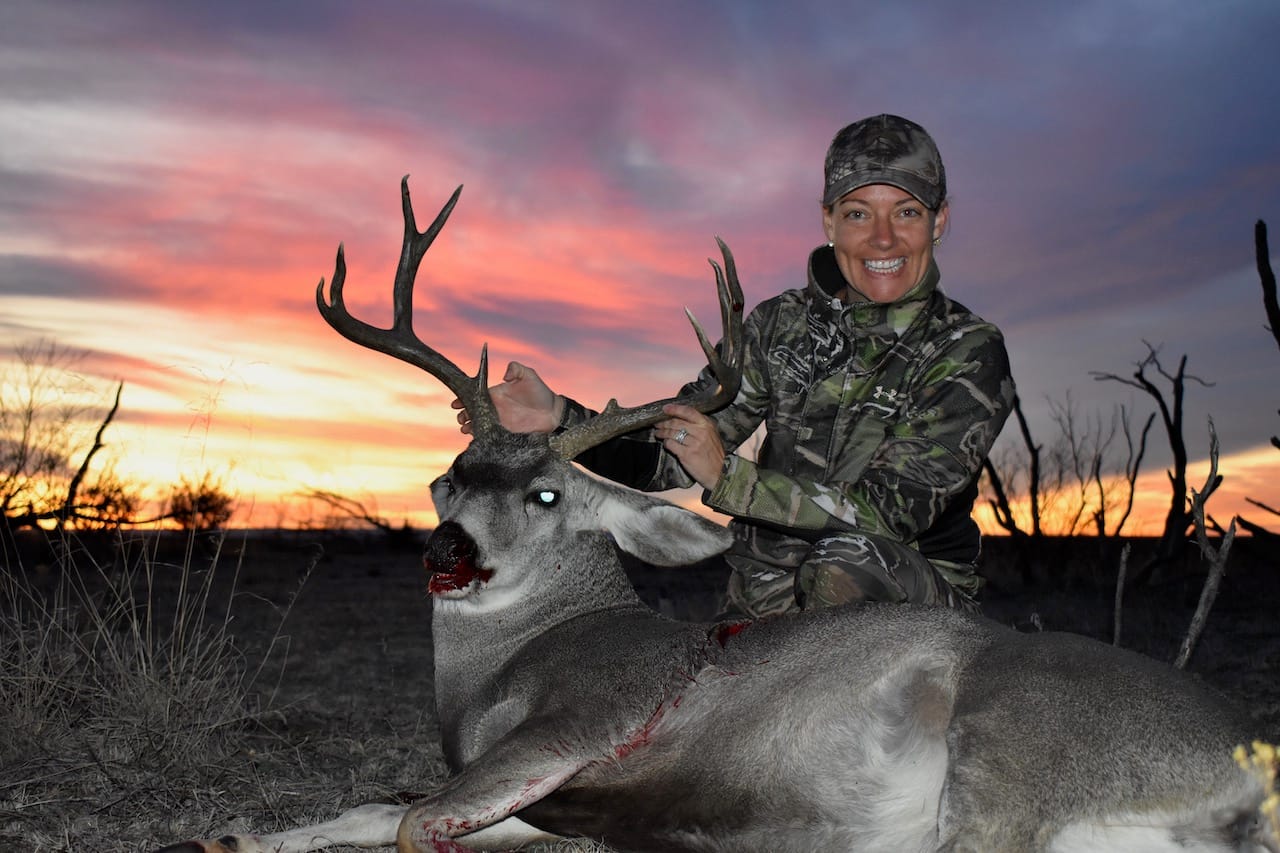


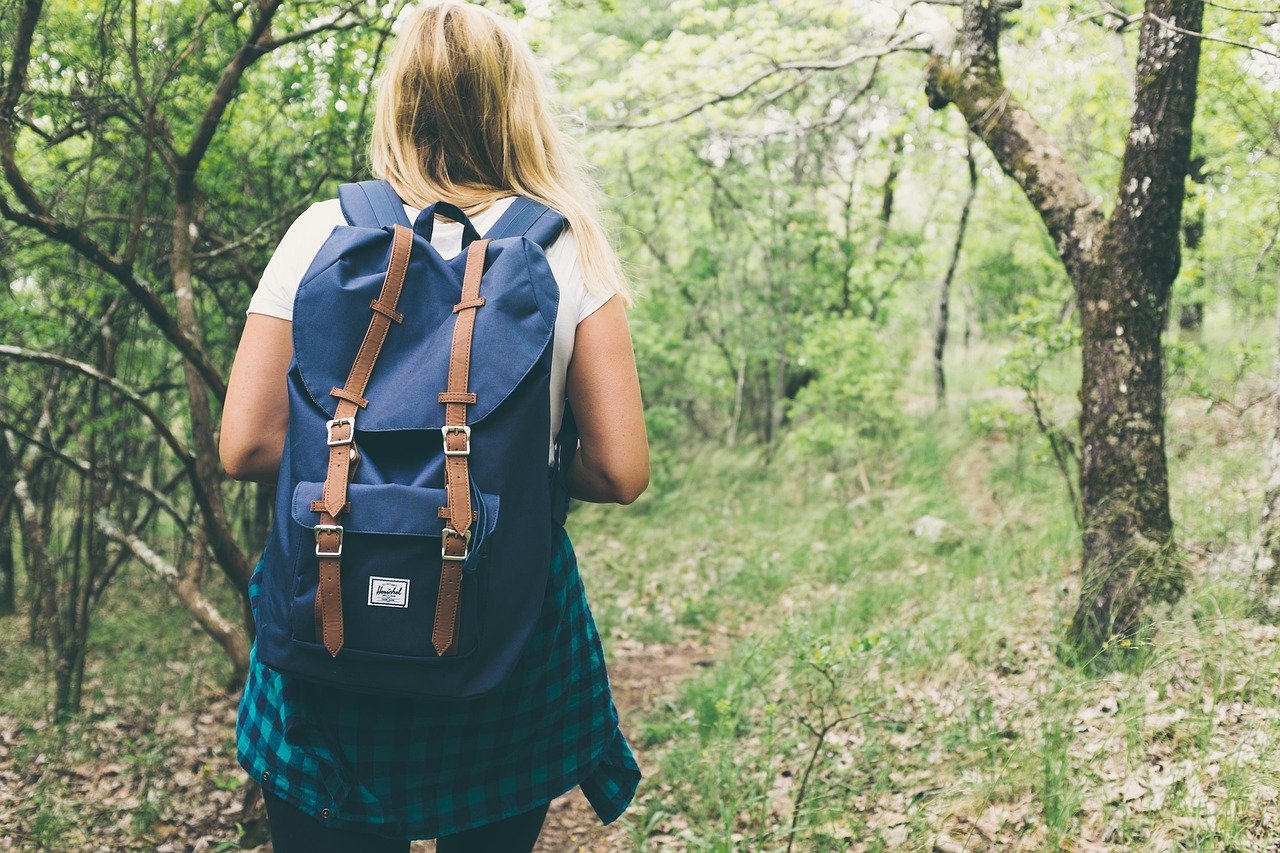
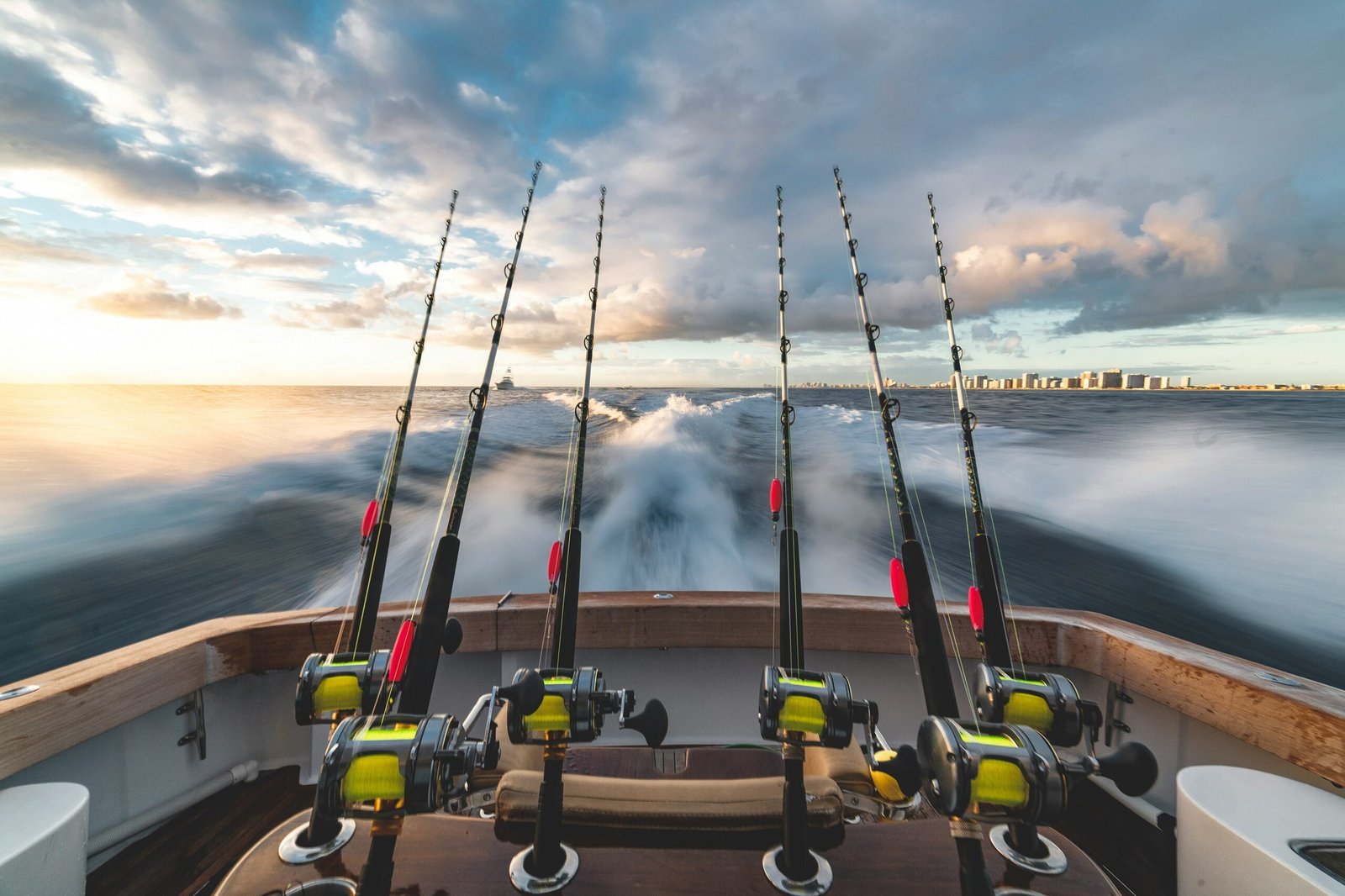
2 thoughts on “What Do You Call a Female Hunter?”